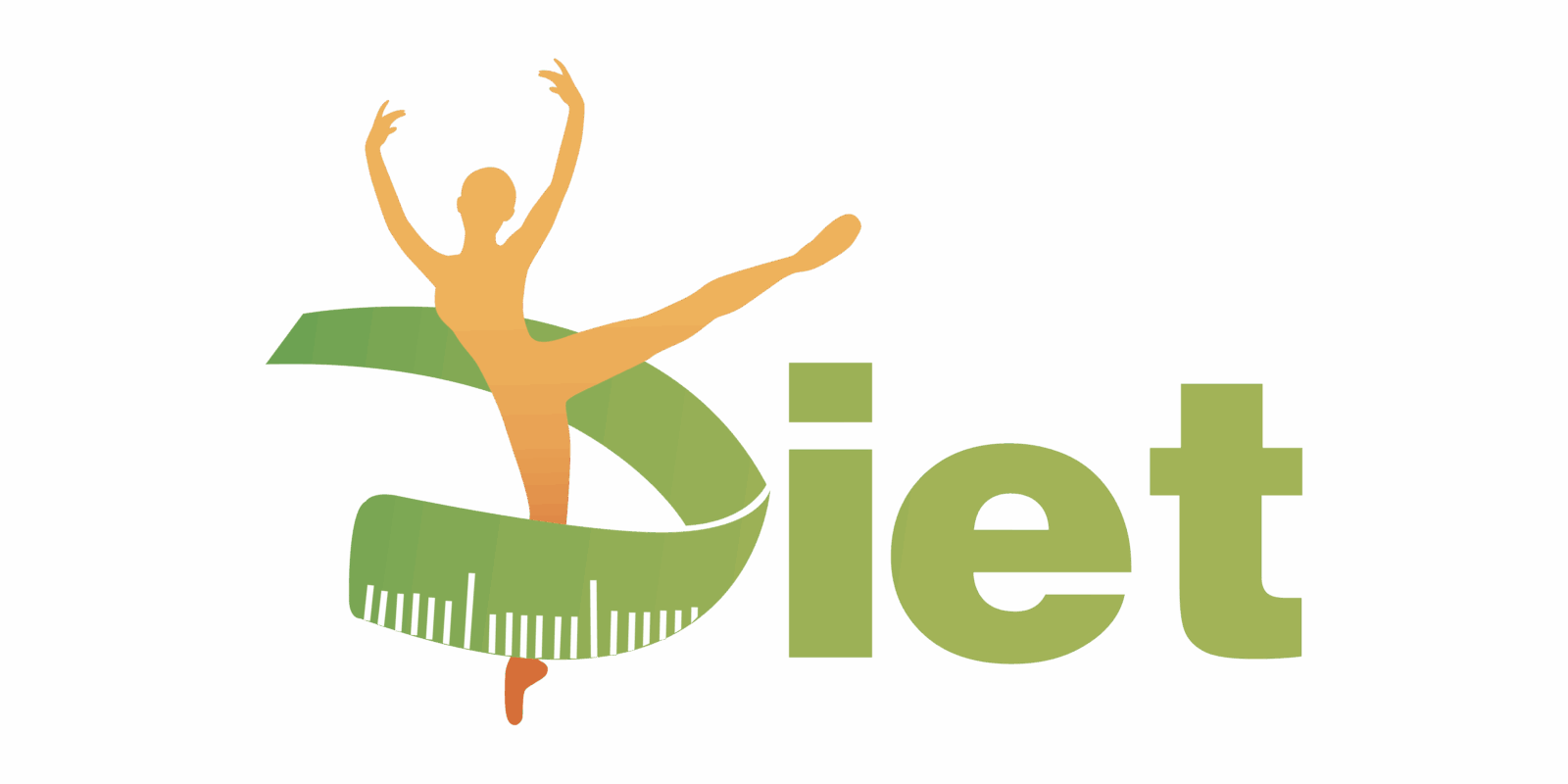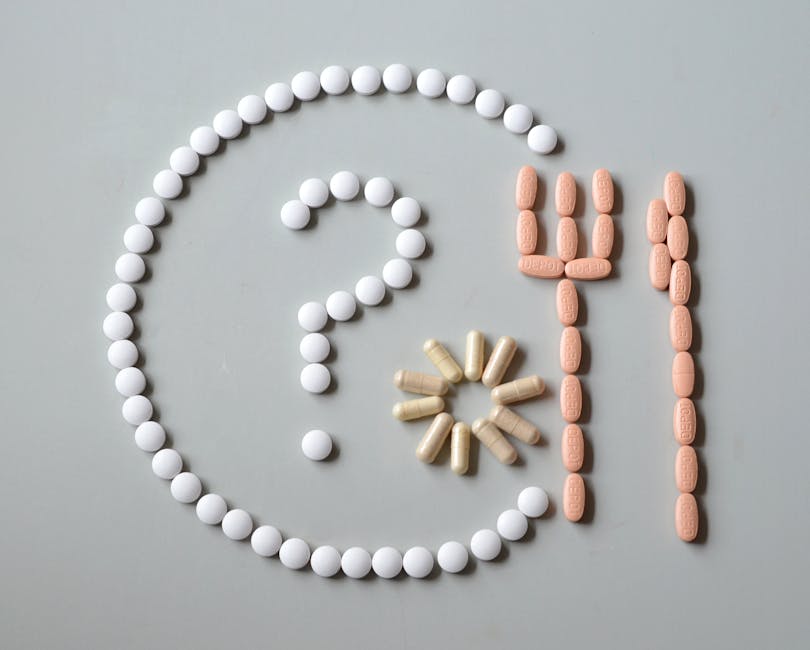Most people don’t reach out to a professional right away. They try the usual: cutting carbs, intermittent fasting, maybe a viral detox they saw on TikTok. When the energy drops, the cravings hit, or progress stalls, that’s usually when the search for real help begins. Clients come in frustrated, confused, and tired of one-size-fits-all advice that doesn’t fit their real life.
The truth is, a trained professional isn’t just handing over a meal plan. They’re looking at the full picture—your habits, your goals, your health history. Unlike internet influencers, they’re not guessing. They ask better questions, spot patterns you don’t see, and help you build something that lasts longer than a two-week trend.
If you’ve cycled through fads and still don’t feel confident about what you’re doing, that’s your sign. The guessing ends when you bring in someone trained to help you make sense of it all.
Related read: How to Know When to Consult a Professional About Your Diet
There’s no golden meal plan that works for everyone. Bodies are different. Lifestyles, preferences, health conditions—all unique. What fuels one person might weigh another down. That’s why cookie-cutter diets fall flat over time.
The basics still matter. Calorie balance keeps your energy in check. Nutrient-dense foods help your body perform and recover. And sustainability? That’s what turns eating habits into long-term success. If the food doesn’t fit your life, you won’t stick with it.
Nutritionists don’t just hand you a generic plan. They ask about your goals, how you move, what you like to eat, and what your body’s been through. Allergies, health risks, work schedules—they all get considered. The result is something that fits into your real life, not just a theory in a textbook.
The idea that food can be neatly divided into “good” or “bad” is a shortcut that doesn’t hold up over time. It oversimplifies nutrition and sets people up to feel guilty about eating anything outside the so-called “clean” list. That kind of mindset creates stress, not consistency.
Context matters. A slice of pizza after a workout? Not a disaster. A protein bar loaded with fake sugars and no fiber? Maybe not the boost you think it is. It’s less about individual ingredients and more about overall patterns—how often you’re eating something, what else you’re pairing it with, and what your body actually needs.
That’s where the 80/20 approach comes in. Most professionals—even fitness and wellness creators—aim to make solid choices 80 percent of the time and allow the other 20 percent for flexibility. It’s not slacking. It’s sustainable. And in a space where authenticity matters more than ever, being honest about balance builds more trust than pretending to eat perfect 100 percent of the time.
Your gut isn’t just where food goes—it’s home to trillions of bacteria that help digest meals, power your immune system, and even affect your mood. When people talk about gut health, they’re often talking about keeping that microscopic community, known as the microbiome, in good shape.
Signs your gut might be out of balance include bloating, inconsistent bowel movements, skin flare-ups, fatigue, or even brain fog. These red flags don’t always scream “gut issue,” but they can be early indicators. What helps? Often, it starts with food and lifestyle changes: cutting down on ultra-processed junk, reducing stress, sleeping better, and adding more fiber.
Nutritionists recommend fueling your microbiome with variety. That means lots of colorful veggies, fermented foods like yogurt or kimchi, and whole grains. Prebiotics and probiotics can play a role, but piling on pills isn’t the goal. Aim for balance. Mix it up. Be boringly consistent, and your gut will probably thank you.
Real food is the foundation. If you’re eating a varied diet full of whole foods — fruits, vegetables, lean proteins, good fats, and complex carbs — you’re covering a lot of nutritional ground. For many people, that’s enough.
But here’s where things get tricky. Even with a solid diet, some nutrients are still easy to miss. Vitamin D, iron, magnesium, and omega-3s are common gaps, depending on your lifestyle, geography, and dietary choices. If you’re vegan, B12 is another one to watch.
Supplements can help, but you don’t want to play a guessing game. Testing matters. A blood panel tells you what you’re actually low on — not what a label says you might be missing. Blind supplementation isn’t just a waste of money. In some cases, it can do more harm than good.
So, start with food. But if you’ve got symptoms, diet limits, or just want to optimize, test before you dose.
Feeling drained even after a supposedly healthy lunch? It might not be the quinoa bowl’s fault. Under the surface, low energy often stems from habits that sneak under the radar: skipping breakfast, stress overload, and lousy sleep. Dietitians see it all the time—clients blaming food when the real issue runs deeper.
When you’re running on fumes, your body taps into stress systems, not nutrients. Not enough sleep messes with hunger hormones, making you crave quick energy fixes. Add chronic under-eating into the mix, and your system doesn’t have the fuel it needs to stay sharp. It’s a feedback loop: bad sleep tanks your energy, stress keeps your system in overdrive, and then you’re too tired to eat well—or eat at all.
That’s why the good ones don’t immediately point fingers at your lunch. They look wider. Are you getting enough protein over the day? Do you crash every afternoon around the same time? When’s your last good night of sleep? They spot patterns before prescribing spinach.
Food matters, sure. But energy’s a bigger puzzle—and it’s rarely solved by salad alone.
Nutrition Isn’t Just About Food—It’s About Strategy
Look Beyond the Plate
Nutrition is more than simply eating healthy meals. It’s a strategy that connects your daily habits, physical needs, mental health, and long-term goals. A well-planned approach can make the difference between a diet that fails and one that leads to meaningful, lasting change.
- Good nutrition aligns with your life stage, activity level, and health conditions
- It’s not just about avoiding junk food, but understanding what fuels you best
- Strategic planning ensures your nutrition supports energy, focus, and wellness
Professional Guidance Matters
One-size-fits-all advice doesn’t work. If you’re serious about improving your diet, consulting a professional is one of the most impactful steps you can take. They bring personalized insight and help you cut through confusion.
- Registered dietitians evaluate your full picture: lifestyle, goals, and medical history
- You get a tailored roadmap, not generic tips
- A professional can help you spot issues before they become problems
Don’t Wait Until It’s Overwhelming
Many people reach out for help only when they feel stuck or frustrated. But waiting too long can create more challenges. Instead, think of guidance as a proactive step—not a last resort.
- Reach out before you’re overwhelmed or burned out
- Minor concerns can be addressed before they snowball
- A little support early on often prevents major roadblocks later
For more on when to ask for help, visit: How to Know When to Consult a Professional About Your Diet
Is my relationship with food healthy?
Start by asking yourself some simple but honest questions. Are you eating out of boredom or stress more often than not? Do you feel guilt or shame after meals? Are food rules running the show—like labeling foods strictly as “good” or “bad”? A healthy relationship with food looks like flexibility, not obsession. You’re not supposed to count every almond. You’re supposed to feel satisfied, nourished, and in control but not consumed by control.
How do I sustain healthy habits for the long term?
Forget overhauls. Focus on small changes you can actually live with. That might be swapping soda for water, adding greens to a couple meals a day, or eating dinner without scrolling your phone. Habits stick when they reduce friction. If a routine feels like punishment, toss it. Sustainable health is about showing up consistently in the middle, not chasing extremes.
Should I be tracking my food and if so, how?
Tracking can be helpful—but only if it serves you, not stresses you out. Tools like journaling or apps can build awareness of what you’re actually eating. But it’s easy to go overboard. If you find yourself micromanaging every ingredient or feeling anxious after logging meals, that’s a red flag. Try a relaxed form of tracking—like noting meals and energy levels instead of calories. Make it a tool, not a cage.

